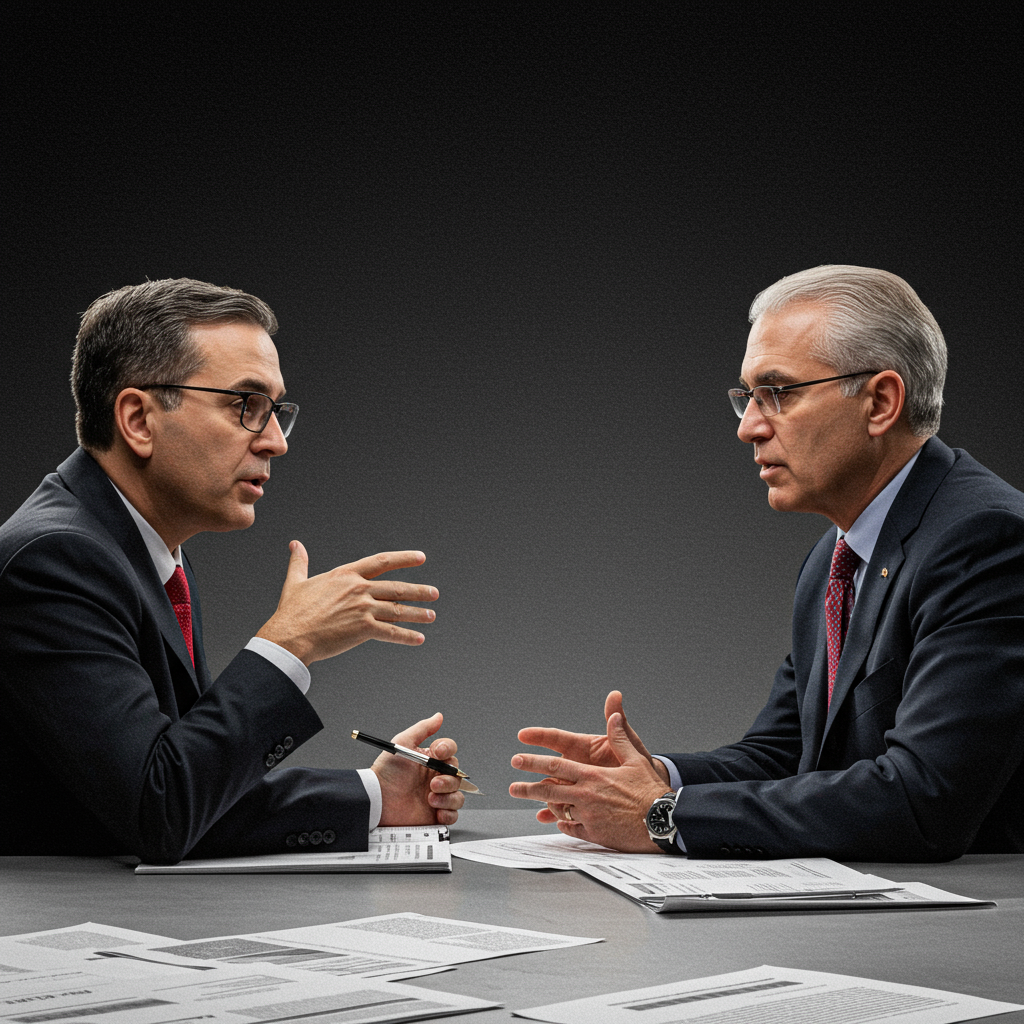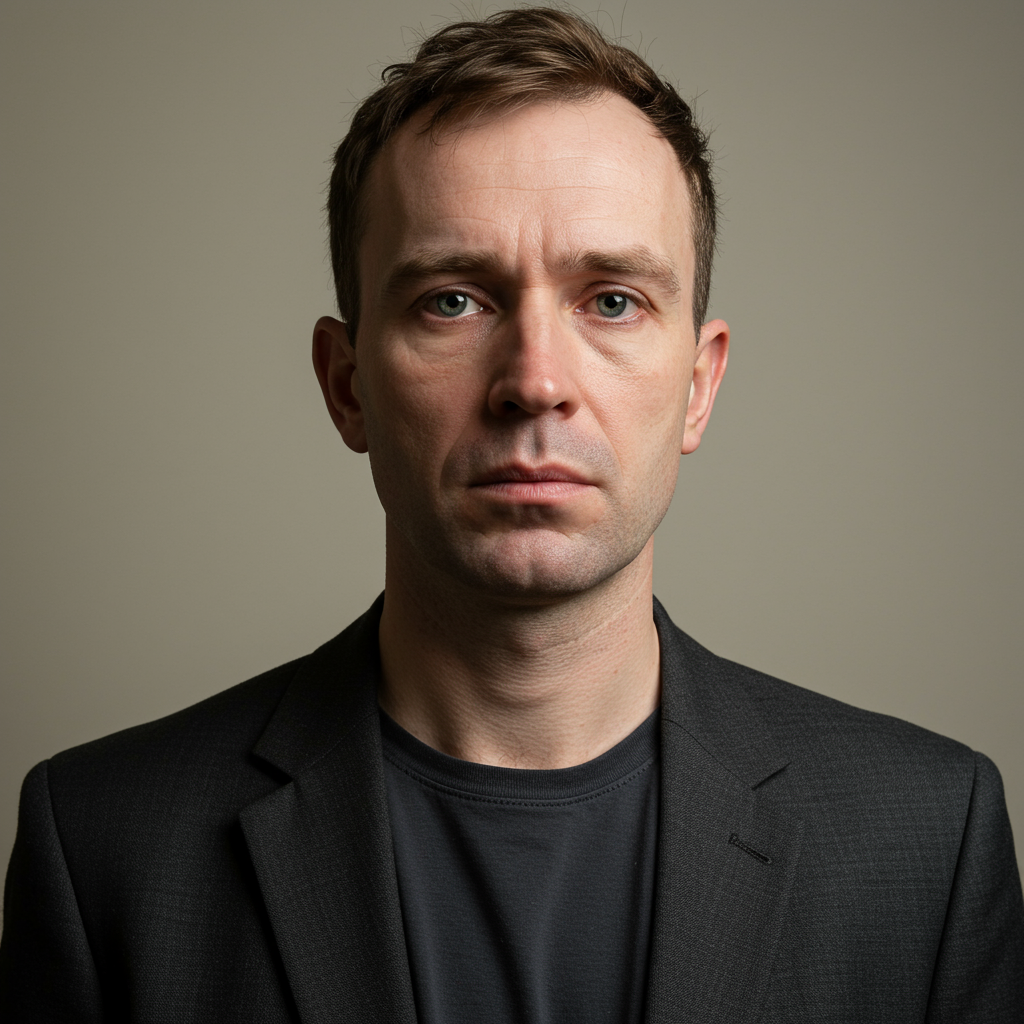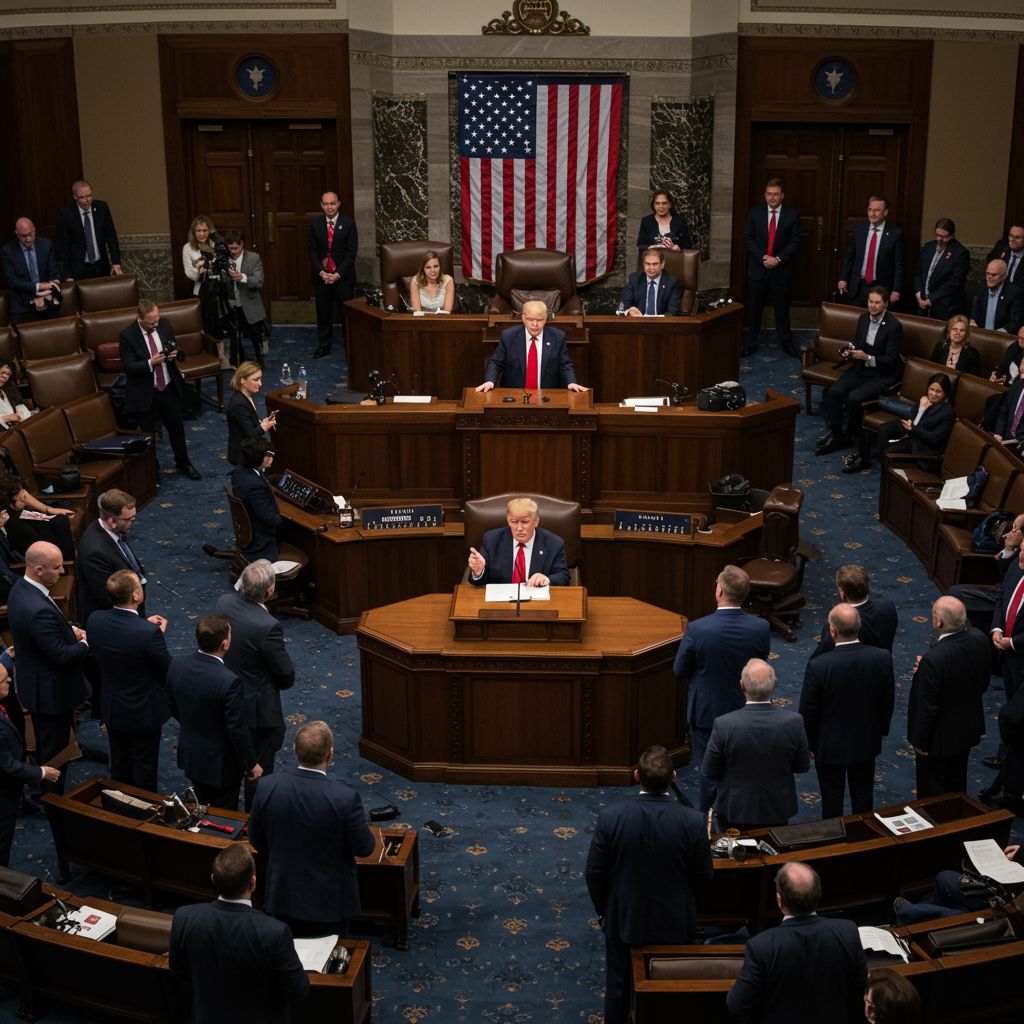Recent U.S. military strikes against Iranian nuclear sites have ignited intense debate among policymakers and experts regarding Washington’s strategy in the Middle East. While these attacks were presented by some, including former President Trump, as a decisive blow to Iran’s nuclear ambitions, a deeper look reveals a fractured landscape of opinions on their actual impact, legality, and implications for regional stability and future diplomacy. Occurring amidst heightened tensions following events in late 2024, these strikes represent a significant shift, moving from previously attempted diplomatic alignments between the U.S., Israel, and Saudi Arabia towards more direct military confrontation.
Analysts highlight that while strategic cooperation has long been a goal, the airstrikes signal a potentially new phase of direct, operational military collaboration in countering Iran’s regional influence. This move away from solely diplomatic efforts raises critical questions about the path to security in a volatile region.
A Spectrum of Views on the Strikes and Iran’s Program
Understanding the complex reactions requires considering diverse perspectives from those with deep expertise in diplomacy and Middle East affairs. NPR’s Morning Edition, before and after a recent ceasefire between Israel and Iran, spoke with five academics and former diplomats to explore what the attacks accomplished, what risks they created, and what might lie ahead for diplomacy. An interview with international law scholar Richard Falk provides additional critical context regarding the legality and potential motives behind such actions.
Proponents of Direct Action and Regime Change
John Bolton, who served as U.S. national security adviser and ambassador to the United Nations, strongly advocates for aggressive action against Iran. He believes the only long-term solution for achieving peace and stability in the Middle East and globally is ultimately regime change in Tehran. Bolton expressed satisfaction with the “enormous damage” inflicted by the recent strikes, particularly citing the destruction of the uranium conversion facility at Isfahan as a key success. He argues that dismantling Iran’s nuclear program necessitates “breaking the links” within its nuclear fuel cycle at multiple points, turning rebuilding into a years-long endeavor. However, Bolton criticized the decision to end the air campaign too soon, describing the former President’s approach as inconsistent and lacking a clear national security strategy, characterized by “zigzagging.”
Critics Challenge Effectiveness, Legality, and Trust
Seyed Hossein Mousavian, a former Iranian diplomat involved in earlier nuclear talks, views the strikes as counterproductive and unprecedented. He points out that Iran, a non-nuclear weapon state, was reportedly targeted by two nuclear powers (implicitly the U.S. and Israel) without the authorization of the UN Security Council. Mousavian questioned how such actions could build trust, asking, “What could be worse than this? How can Iran trust?” He disputes the widely held belief that Iran is pursuing nuclear weapons, labeling it a “fake and manufactured narrative” used to justify military intervention and regime change, akin to the pretext for the Iraq war. Like Bolton, he noted perceived inconsistency in the former President’s actions but maintained that direct negotiations between the U.S. and Iran are the exclusive way forward. Mousavian voiced disappointment with the International Atomic Energy Agency (IAEA), arguing it failed to support Iran as mandated by its charter when a non-nuclear state is attacked by a nuclear one.
Vali Nasr, a Middle East scholar at Johns Hopkins University, echoes concerns about the disregard for international norms. He argues that the U.S. and Israeli strikes signal a willingness to bypass diplomatic channels and potentially international law. While acknowledging the Iranian regime remains in power, Nasr emphasizes that the attacks send a clear message: the United States and Israel are prepared to settle issues militarily, without allowing international rules or diplomacy to impede them. He warns this approach will have a “chilling impact” across the entire region, fundamentally altering security perceptions for allies and adversaries alike.
International law scholar Richard Falk aligns with this critical view, describing strikes like “Operation Rising Lion” (Israel’s strike on Iran) as potentially “unprovoked aggression” that undermines peaceful conflict resolution efforts. He suggests such military actions, particularly by Israel, might serve as a “politics of deflection,” drawing attention away from other pressing issues, such as the humanitarian crisis in Gaza or domestic political challenges faced by leaders like Benjamin Netanyahu. Falk expresses concern about the “notable silence” from intergovernmental organizations like the UN regarding these actions, which he feels violates core UN Charter principles on the use of force.
Assessing Military Damage and Diplomatic Openings
Jonathan Panikoff, a former intelligence officer now directing the Scowcroft Middle East Security Initiative at the Atlantic Council, assesses that Iran’s military capabilities, particularly its nuclear infrastructure, have been “severely degraded” by the recent strikes. Despite this damage, he believes a pathway for diplomacy still exists. Panikoff suggests potential mediators like Oman, Norway, Switzerland, or even China could facilitate talks in the coming weeks and months, though significant effort would be required.
The strikes, according to Panikoff, also force Iran into a difficult domestic economic calculation. Faced with internal struggles, Iran must now decide whether to allocate billions to rebuild damaged facilities and military assets, potentially worsening internal strife, or pursue a different path. This alternative strategy might involve gradually rebuilding defenses but stepping back from fully re-establishing the extensive network of regional proxy groups or the nuclear program that have long been viewed as threats by Gulf states and others.
Vali Nasr notes that despite the damage, the fundamental structure of the Iranian regime “is still standing,” indicating that the strikes, while destructive, may not have crippled the regime itself.
Internal Iranian Perspectives and Civilian Impact
Setareh Sadeqi, a professor at the University of Tehran’s Faculty of World Studies, offers a perspective from within Iran. She contends that Israeli claims about Iran being close to developing nuclear weapons are “greatly exaggerated.” While personally opposed to nuclear weapons, Sadeqi raises a point about perceived double standards: if countries like the U.S., Israel, Pakistan, India, and France possess nuclear capabilities, any other nation should theoretically have the same right, although she states Iran does not currently have them.
Sadeqi differentiates Iran’s official stance towards Israel, asserting that Iran has not called for the elimination of the Israeli people, but rather the “occupying regime,” which she describes as a colonial project responsible for actions leading to casualties among Palestinians and Lebanese (claims denied by the Israeli government). She highlights the devastating impact of conflict on civilians, emphasizing that war kills everyone, regardless of their political alignment. Despite the high tensions, Sadeqi notes that normal life in Tehran continues, underscoring the disconnect between geopolitical conflict and daily civilian reality.
The Ongoing Debate and Uncertain Future
The diverse perspectives presented by these academics and former diplomats reveal deep divisions on the efficacy and consequences of using military force against Iran. Some view the strikes as a necessary step to hobble Iran’s nuclear program and potentially pave the way for fundamental political change, while others see them as counterproductive, illegal, and dangerous, eroding trust and setting a precedent for bypassing international law.
The debate extends to the future. Will the degraded capabilities force Iran back to the negotiating table, perhaps via mediators? Or will the perception of a “fake narrative” and disregard for sovereignty lead to further entrenchment and resistance from Tehran? The chilling effect on other regional actors and the challenge to the international legal framework remain significant concerns. The path to security and stability in the Middle East, already complex, appears even more uncertain after these recent military actions.
Frequently Asked Questions
What did the U.S. military strikes on Iran aim to achieve, according to experts?
Experts offer different interpretations of the strikes’ goals and effectiveness. John Bolton believes they caused “enormous damage” by “breaking the links” in Iran’s nuclear fuel cycle, arguing the long-term aim should be regime change. Jonathan Panikoff assesses that Iran’s military capabilities were “severely degraded.” However, critics like Seyed Hossein Mousavian argue the strikes were counterproductive and based on a “fake narrative” about Iran’s nuclear program, primarily intended to justify military action and regime change.
Who are the key experts discussing the impact of the Iran strikes in this analysis?
The analysis synthesizes perspectives from several prominent figures. These include former U.S. National Security Adviser and UN Ambassador John Bolton, former Iranian diplomat Seyed Hossein Mousavian, Atlantic Council expert Jonathan Panikoff, Johns Hopkins scholar Vali Nasr, University of Tehran professor Setareh Sadeqi, and international law scholar Richard Falk. Their views cover military impact, diplomatic prospects, international law implications, and domestic Iranian perspectives.
What are the potential diplomatic pathways forward after the recent military strikes on Iran?
Despite the military escalation, some experts see possibilities for diplomacy. Former Iranian diplomat Seyed Hossein Mousavian advocates for direct negotiations between the U.S. and Iran as the “only way forward.” Jonathan Panikoff suggests that while difficult, mediated talks could occur, potentially involving countries like Oman, Norway, Switzerland, or even China, possibly incentivized by Iran’s need to make tough economic choices after the strikes.
Word Count Check: 1190 words




